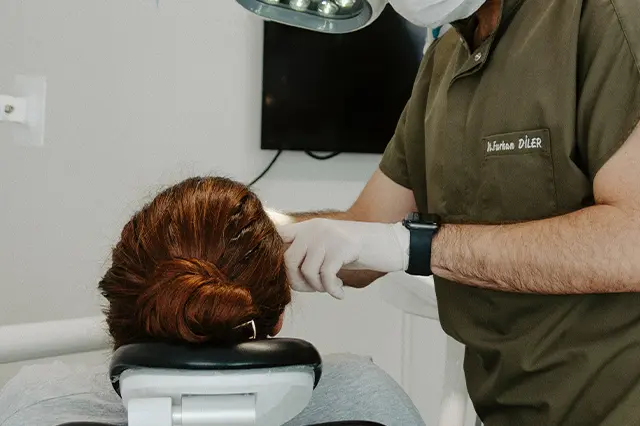
What You Need To Know About Emergency Wisdom Tooth Removal
Wisdom teeth removal can be a difficult and painful experience for many, especially if it’s an emergency situation. It is important to understand the risks involved in wisdom teeth removal before you go through with the procedure. In this article, we will discuss what you need to know about emergency wisdom tooth removal, including why it is important, what to expect during the procedure, and tips to make the process easier. By understanding the facts behind wisdom tooth extraction and taking the necessary precautions, you can ensure that your experience with emergency wisdom tooth removal is a successful one.
What are wisdom teeth?
Wisdom teeth, also called third molars, are the last teeth to develop in your mouth. They usually appear between the ages of 17 and 25. Most people have four wisdom teeth — one in each corner of the mouth.
Wisdom teeth can be a real pain —Literally. When they’re trying to come in, they can cause pain, swelling, and even infection. If your wisdom teeth are impacted (stuck under the gum or growing at an angle), they may need to be removed.
An emergency wisdom tooth removal may be necessary if your wisdom tooth is causing pain, infection, or other problems. Your oral surgeon or dentist such as this emergency dentist in Raleigh, NC will numbs your mouth and remove the tooth. The procedure is usually done in one visit, but you may need a few days to recover.
Why do wisdom teeth need to be removed?
There are a few reasons why wisdom teeth need to be removed. For one, they can crowd other teeth and cause alignment issues. They can also erupt through the gums at an awkward angle, which can cause pain and inflammation. Additionally, wisdom teeth can trap food and bacteria, leading to cavities and gum disease. In some cases, they can even damage adjacent teeth. Ultimately, removing wisdom teeth helps to maintain dental health and prevent further problems down the road.
How is emergency wisdom tooth removal performed?
The first step in emergency wisdom tooth removal is to numb the area around the tooth. This is usually done with an injection of local anesthesia. Once the area is numb, the dentist will use a tool to loosen the tooth and then remove it. The entire process usually takes less than 30 minutes.
What are the risks of emergency wisdom tooth removal?
There are a few risks associated with emergency wisdom tooth removal, but they are generally minor. The most common complication is bleeding, which can usually be controlled with gauze. There is also a small risk of infection, which can be treated with antibiotics. In very rare cases, there may be damage to the nerves in the area, which can cause numbness or tingling.
How can I prevent needing emergency wisdom tooth removal?
If you have wisdom teeth that are causing problems, your dentist may recommend removing them. Wisdom tooth removal is usually a simple and straightforward procedure, but it can sometimes be complicated. If you need to have your wisdom teeth removed, it’s important to know what to expect and how to prepare for the procedure.
Here are some tips to help you prevent needing emergency wisdom tooth removal:
-Visit your dentist regularly for checkups and cleanings. This will help keep your teeth and gums healthy and help identify any problems early on.
-Brush and floss your teeth daily. This will help remove plaque and bacteria from your teeth and gums, reducing your risk of developing gum disease or tooth decay.
-Eat a healthy diet. Eating a balanced diet helps keep your teeth and gums healthy. Avoid sugary foods and drinks, which can promote tooth decay.
-Don’t smoke. Smoking increases your risk of developing gum disease, which can lead to tooth loss. If you do smoke, quitting smoking is one of the best things you can do for your oral health.
-Wear a mouthguard while playing sports or participating in other activities. This will help protect your teeth from injury.
-Consider a professional teeth cleaning. A professional cleaning can help remove plaque and tartar buildup, which can prevent tooth decay and gum disease.
By following these tips, you can help reduce your risk of needing emergency wisdom tooth removal. However, if you are experiencing any pain or discomfort from your wisdom teeth, be sure to contact your dentist as soon as possible for an evaluation.
Conclusion
Wisdom tooth removal can be a difficult and stressful experience. However, with the right preparation and information, you can make sure that your wisdom tooth extraction goes as smoothly as possible. We hope this article has helped you understand what an emergency wisdom tooth removal entails and how to prepare for it. If you have any further questions, we recommend speaking to your dentist so that they can answer all of them in detail.
